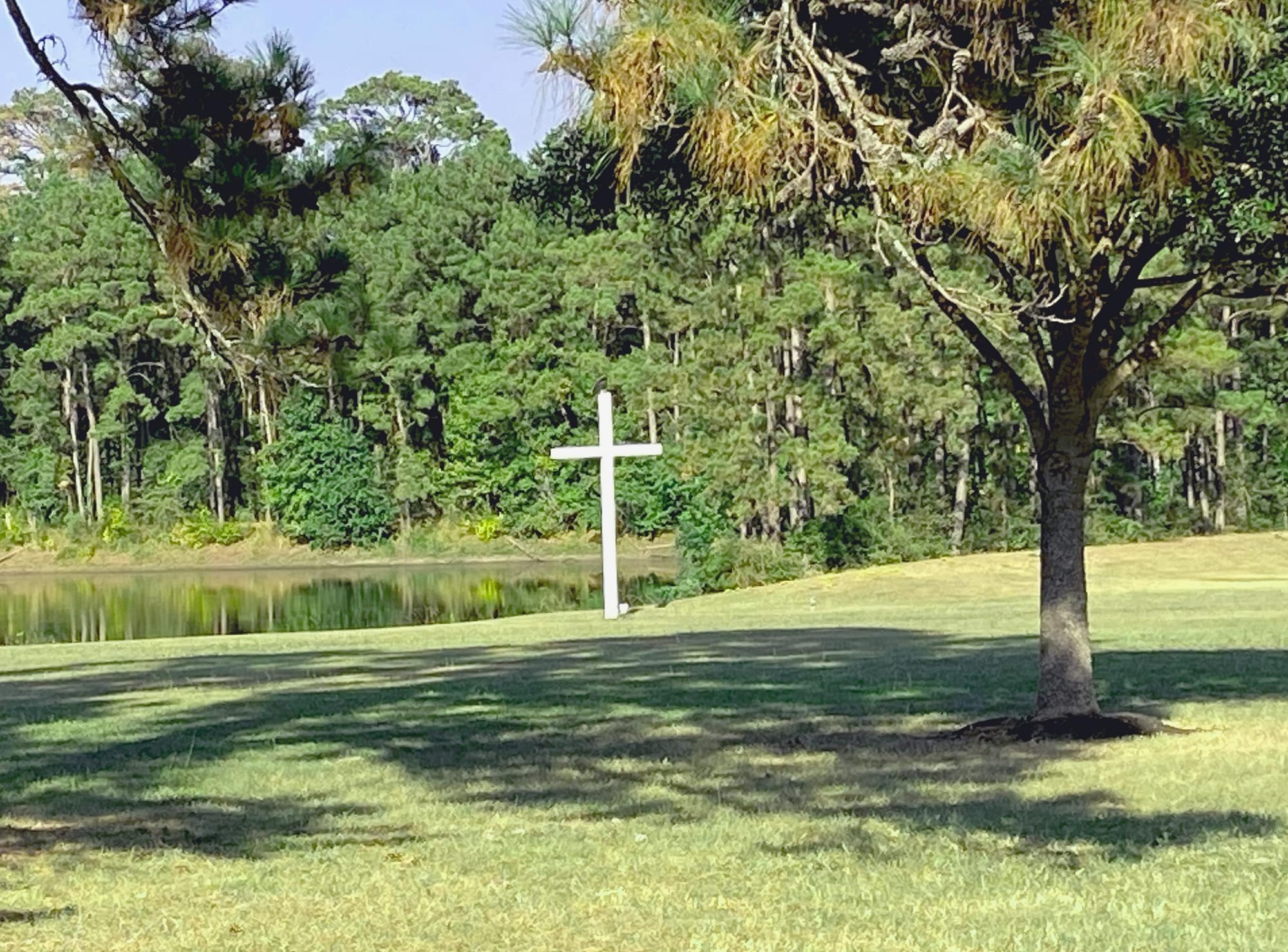More like Him Part 2

Pleaese note this is part two of a two-part series. Part one is available here.
Further, the Pharisees struggled with greed, and they sometimes used their traditions and religious law to seize property from orphans and widows in order to enrich themselves. They oppressed those that they were entrusted to protect. They zealously prosecuted those who violated the law while breaking those same laws themselves. They set themselves up as leaders, when in truth they were selfish and prideful behind their facade. Because of their hypocrisy, Jesus proclaimed eight woes against them for which they will give an account, and I believe that these character flaws were highlighted for a reason. We must question why Jesus thought that it was necessary to warn His followers of the danger of acting as the Pharisees did.
In brief, Jesus proclaimed woe on the Pharisees for teachings that prevented people from entering the Kingdom of Heaven, stealing from widows, saying long prayers for show, evangelizing their own gospel message at the expense of the Truth, valuing gold over the altar and the holiness of the Temple, tithing items of monetary value while neglecting the Law, judgment, mercy, and faith, putting on a public show of holiness while their hearts were filthy, and for being guilty in the deaths of God's prophets (Matthew 23:13-36).
I believe that Jesus highlighted the Pharisees as examples because they illustrate our tendency as humans to fall into certain patterns of sin. We often labor, plot and scheme to make money when Jesus promises to meet all our needs. Further, we also judge others based on their actions while judging ourselves based on our intentions. We often put on a public showing which does not truly represent the secret depravity of our heart. When we sin, we come to believe that no one sees us, contradicting our professed faith that God sees and knows it all.
All these people have in common, but what I believe concerned Jesus the most was the Pharisees’ self-righteousness. They thought that their own holiness and diligent study of the Law made them more important than their fellow countrymen. Thus, they lacked the humility required in order to repent and be saved. They were dishonest and greedy, but they were blinded to their own sin.
In summary, we must each realize that we are all sinners. We can never do enough to earn our salvation. Jesus offers us the free gift of salvation, just as He offers it to the vilest of sinners. We cannot look down on someone as being unworthy, because we are all unworthy of this gift. On the contrary, we are to reach out in love to sinners and are to be the example which leads them to repentance. That is how Jesus responded. The Pharisees dismissed their own sin while condemning it in others. They were greedy and set up their wealth as an idol. They rejected the gift of salvation, while trying to earn it in their own.
In contrast Jesus was equal to God and had all authority. He was sinless and had unlimited wealth, yet he surrendered it all to walk in humility and love. He offered His life as an offering for many. Jesus reached out to sinners in love and fed the poor. He is our example. I pray that we learn from the Pharisees about the dangers of pride, greed, and self-righteousness, and then learn from Jesus how to be more like Him.
